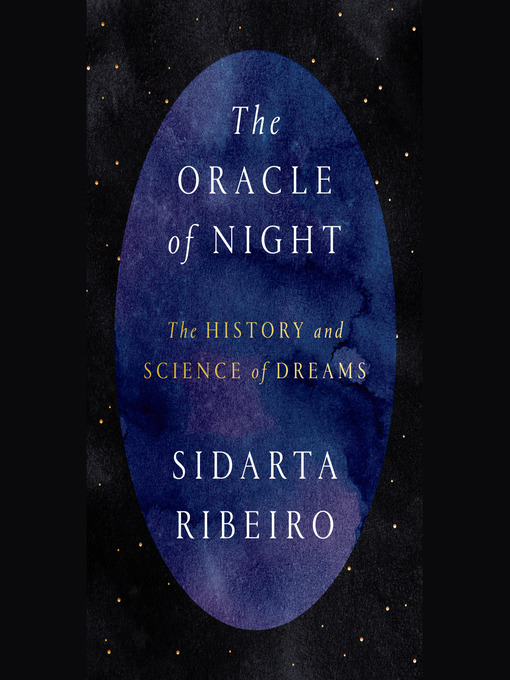- Featured Magazines
- Let's Get Cooking!
- News, Politics, and Business
- Lifestyle Magazines
- Popular Magazines
- All Magazines
- See all magazines collections
"A resounding case for the mystery, beauty and cognitive importance of dreams." —The New York Times
What is a dream? Why do we dream? How do our bodies and minds use them? These questions are the starting point for this unprecedented study of the role and significance of this phenomenon. An investigation on a grand scale, it encompasses literature, anthropology, religion, and science, articulating the essential place dreams occupy in human culture and how they functioned as the catalyst that compelled us to transform our earthly habitat into a human world.
From the earliest cave paintings—where Sidarta Ribeiro locates a key to humankind’s first dreams and how they contributed to our capacity to perceive past and future and our ability to conceive of the existence of souls and spirits—to today’s cutting-edge scientific research, Ribeiro arrives at revolutionary conclusions about the role of dreams in human existence and evolution. He explores the advances that contemporary neuroscience, biochemistry, and psychology have made into the connections between sleep, dreams, and learning. He explains what dreams have taught us about the neural basis of memory and the transformation of memory in recall. And he makes clear that the earliest insight into dreams as oracular has been elucidated by contemporary research.
Accessible, authoritative, and fascinating, The Oracle of Night gives us a wholly new way to understand this most basic of human experiences.
-
Creators
-
Publisher
-
Release date
August 31, 2021 -
Formats
-
OverDrive Listen audiobook
- ISBN: 9780593413838
- File size: 452747 KB
- Duration: 15:43:13
-
-
Languages
- English
-
Reviews
-
Publisher's Weekly
June 28, 2021
Neuroscientist Ribeiro sheds light on the psychology, philosophy, and evolution behind dreams in his wide-ranging if far-fetched debut. He argues that dreams do not “represent a simply random chain of images,” but rather are “a succession of images... capable of trying, evaluating, and selecting adaptive behaviors” without risk since everything takes place “in the safe environment of one’s own mind.” He explores hypotheses about the evolutionary value of sleep to humans, presenting a fascinating analysis of the debate about the relationship between sleep and cognitive ability (the early 2000s saw a great interest in this issue) and concluding, among other things, that nap rooms would be a valuable addition to school environments. He provocatively, though not entirely convincingly, calls for a revival of Sigmund Freud’s ideas, positing that the id, ego, and superego correspond to “distinct cerebral processes” and suggests dreams might open “many dimensions of reality.” But readers should be prepared to wade through thickets of jargon: “Referential communication in various non-human species corresponds in Peircean semiotic terms to the concept of dicent symbol,” for example. Still, there is much worth checking out for those with a deep interest in dreams.
-
Loading
Why is availability limited?
×Availability can change throughout the month based on the library's budget. You can still place a hold on the title, and your hold will be automatically filled as soon as the title is available again.
The Kindle Book format for this title is not supported on:
×Read-along ebook
×The OverDrive Read format of this ebook has professional narration that plays while you read in your browser. Learn more here.

